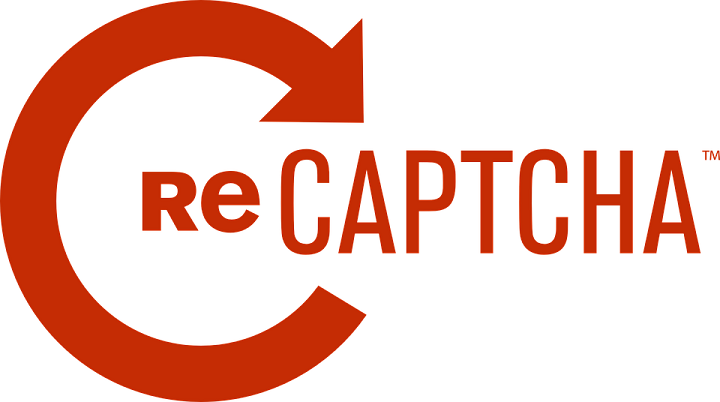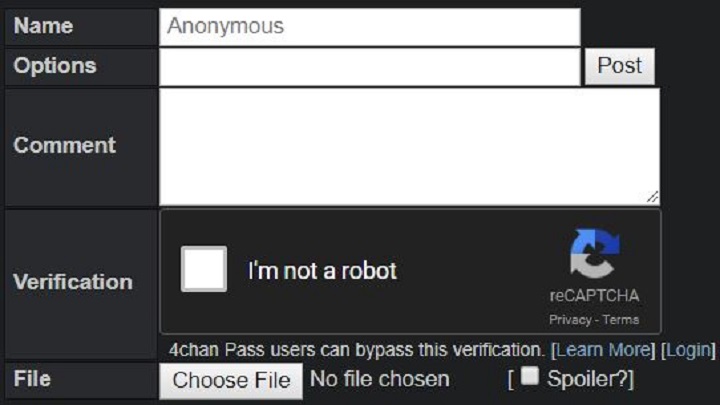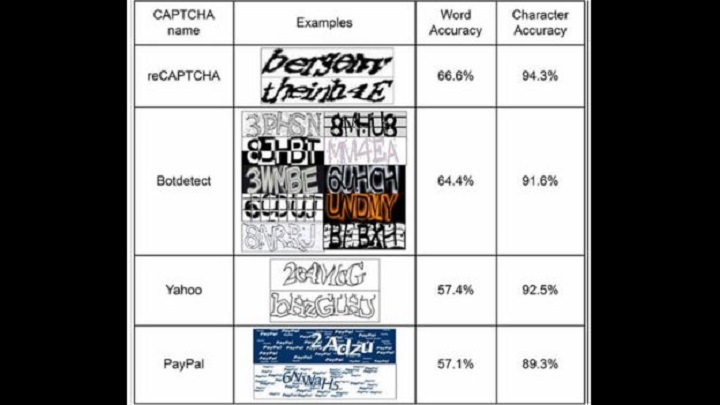A.I. is Now Smart Enough to Beat The Captcha
Is artificial intelligence (A.I.) progressing too quickly? Just a while ago they started being smart enough to be able to drive cars and trucks around, enough to get Elon Musk afraid of what they might do in the future. Now computer scientists have added a new milestone in the development of artificial intelligence. This time they’re now able to answer Captcha.
“I’m Not A Robot”
The artificial intelligence firm Vicarious has conducted a research, funded by Jeff Bezos and Mark Zuckerberg. Mark’s stance on A.I. is widely known when it clashed with Elon Musk this year. Jeff Bezos is the founder of Amazon, which is currently promoting a smart security service that complements their free delivery service.
The research involves giving machines artificial intelligence smart enough to imitate the responses the human brain makes when presented with visual patterns. This makes them able to recognize different patterns and shapes like letters and numbers. With this, they are able to solve Captcha that uses letters and numbers for recognition.
Captchas
Captcha, which stands for “Completely Automated Public Turing test to tell Computers and Humans Apart” is a test used to see if the entity making an input is a computer or a human being. It involves a range of tests that use different image patterns and problems that people need to solve to create an input. It was developed sometime in the 90’s as a response to the growing number of computer bots making fake accounts and pretending to be humans.
When a person logs in or makes a post in a website, the user is tested with a problem. This can range from choosing which images has a certain pattern or item in among 9 different images to identifying and typing letters or numbers that are totally random or in a phrase, then have the user type in those letters and numbers.
Usually, computers have a hard time solving such puzzles without having any ability to discern patterns that are being presented in the problem. And Captchas have been a very effective tool in preventing bots from making fake accounts or inputs. However, this new development may change that once and for all, allowing bots to once again create fake accounts in the future.
How’d They’d do it?
According to the article that appeared in BBC, the Vicarious team created a software that imitates the things a human brain does. The software, called Recursive Cortical Network or RCN, do this while requiring less processing power than what a neural network would have needed when doing a similar pattern recognition. Usually, a neural network and huge amounts of processing power are needed, such as the case in the new iPhone X, Face ID system.
The software does all this instead by merely comparing the image, pixel by pixel, to the outlines of a shaped stored in the computer, via an algorithm the research team developed, effectively imitating how the human brain recognizes and identifies images and patterns. In 2013, the Vicarious research team announced that their A.I. could solve Captcha used by a number of companies.
A long time has passed since then and Captcha has become more complex than what it was 4 years ago, but their A.I. can still solve 66% of Captcha from Google. In total it can solve Captchas other companies use with an average rate of around 60%.
The researchers’ announcement is quite recent so there isn’t any attack on Captcha for now. According to the article, it will take at least 3 months for the data the researchers gathered to go mainstream. There likely will be a huge attack on Captcha tests once the research goes mainstream. After that, there will likely be a huge attack on Captcha tests everywhere, making the return of bots and fake accounts a possible scenario.


